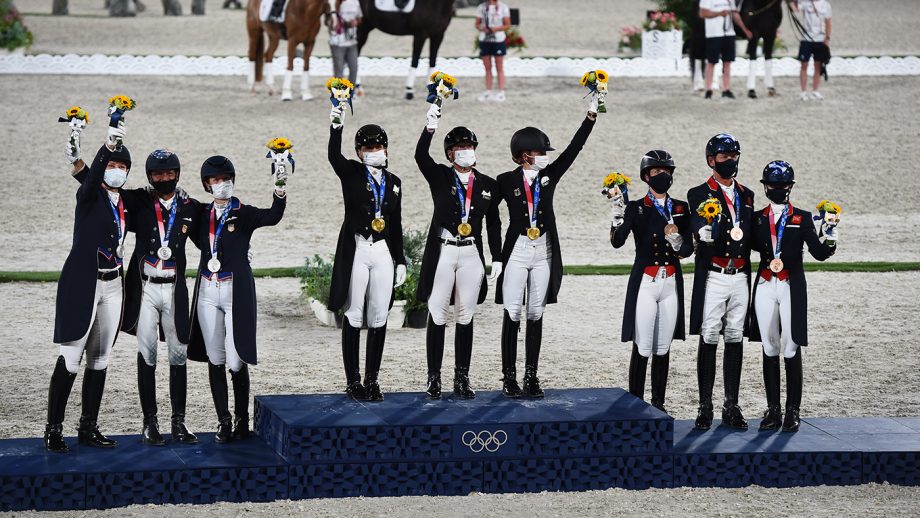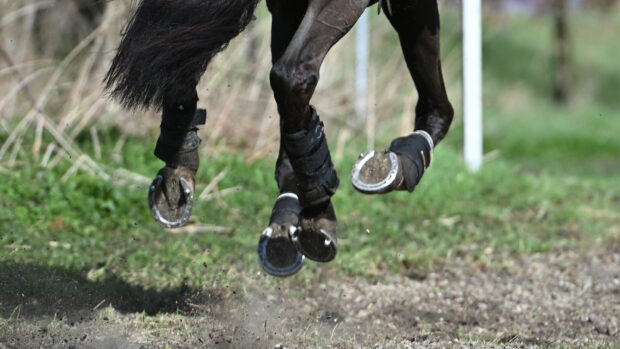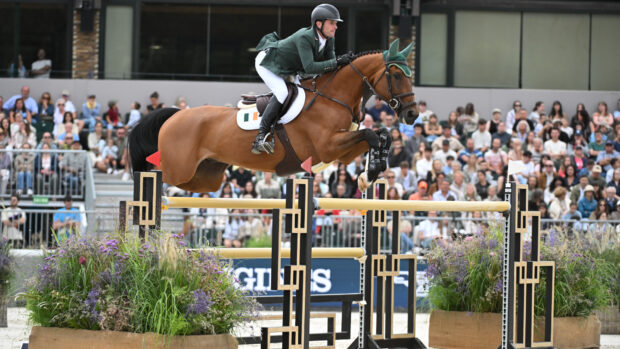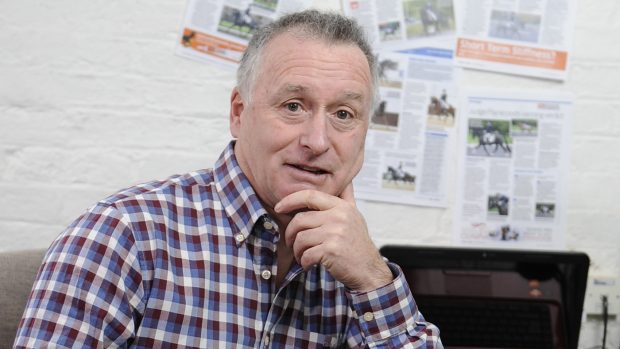The way every decision in international horse sport is made – from the tack allowed for a one-star dressage test to the number of riders on an Olympic team – has been put under the microscope in recent weeks.
FEI rules are thrashed out over months, involving input from experts and national federations, before the final versions are put to a vote at the general assembly each year.
It is this final voting stage that has sparked discussion. Currently, the FEI has a “one nation, one vote” democratic system. But debate is swirling on the politics of whether this particular system is the fairest and best way for the sport to make decisions or not.
While it is still early in the year, to give an idea of numbers, 38 of the 136 national federations have no horses or riders registered in 2022 so far. Of these, 15 of these also had no events and no officials listed, as H&H went to press.
The argument on one side is that it gives equal representation and has the benefit of including impartial views from federations either not directly affected by decisions, or that are developing in the sport.
On the other is the question of proportional representation, federations making decisions on a sport at a level they are not participating in, and whether some experience of senior championships should be needed to have a say on decisions affecting equestrian sport in the Olympics.
The reason this debate is important is because this is what shapes how horse sport is run and its future.
“The ‘one federation, one vote’ system is in our view still the fairest and most democratic system in place to ensure that each FEI member national federation has the opportunity to have their say in the governance of our sport,” a FEI spokesman told H&H. “This voting system also has the benefit of including the impartial views of national federations who are not directly impacted by the decision itself.”
The rules have changed for 2022, so newly joining national federations will only be able to vote on the FEI Olympic and Paralympic regulations once they have had at least one combination tak part in one Olympic and Paralympic discipline at a senior world or continental championship. But all countries that were FEI members as of 12 November 2021 retain their full voting rights.
International Jumping Riders Club director Eleonora Ottaviani stressed that she is not criticising the FEI, as is acting in full respect of the Swiss law, but is rather setting out the facts with the hope a common solution can be found. She has also recently highlighted the fact some sporting international federations give additional votes to members with very large numbers of athletes.
‘A matrix’
While the debate also highlights the separate point about the need for global growth of the sport, it is not completely clear-cut. This is because nations that have qualified for or competed at Olympics, with first-hand insight that could be drawn upon to find the best ways for developing nations to reach that level, find that while their experience is greater, their voices are not.
Minutes from the International Dressage Riders Club’s general assembly on 13 December state that there was “unanimous agreement” that the “one country, one vote” system is “not helpful for our sport”. The minutes suggested revising the system “in such a way that votes are weighted”.
Four-time British Olympian Richard Davison told H&H that the current situation is “not really representative, as it should be”.
“What I think could happen and would be reasonable would be to get a kind of matrix whereby different nations earn a different number of votes, with a cap – the cap would be very important,” he said.
“It is really important that you are not removing anybody’s current fundamental vote, you are just earning a certain number more.”
Richard suggested a matrix system that could take into account whether nations have competed at, or been in contention for, a place at top-level senior championships in FEI disciplines, with additional votes allocated accordingly.
Responding to the FEI’s point that the system has the benefit of including “impartial views”, and with the Olympic format debate in mind, Richard added: “I don’t discount that. However, if you are going to have an informed opinion about [Olympic] format, it is very hard to have that if you have never had athletes at an Olympics or even trying to get to an Olympics and that is what we need here.”
He added that finding a format that has the welfare of the horse at its heart, while balancing exciting world-class Olympic level sport, is “solvable, but complex”.
“I believe being informed needs some experience of the issues, not just on an academic level, but on a practical level too,” he said.
You might also be interested in:

Subscribe to Horse & Hound magazine today – and enjoy unlimited website access all year round

Three to a team gets the nod for Paris 2024 despite concerns

Cautious hope hyposensitivity testing is leading to ‘changed mentality’ in endurance

Early plans revealed for ‘most spectacular’ Paris 2024 equestrian venue

*Opinion* Olympic teams of three, new hoops and whose decision is it anyway?
Horse & Hound magazine, out every Thursday, is packed with all the latest news and reports, as well as interviews, specials, nostalgia, vet and training advice. Find how you can enjoy the magazine delivered to your door every week, plus options to upgrade your subscription to access our online service that brings you breaking news and reports as well as other benefits.




